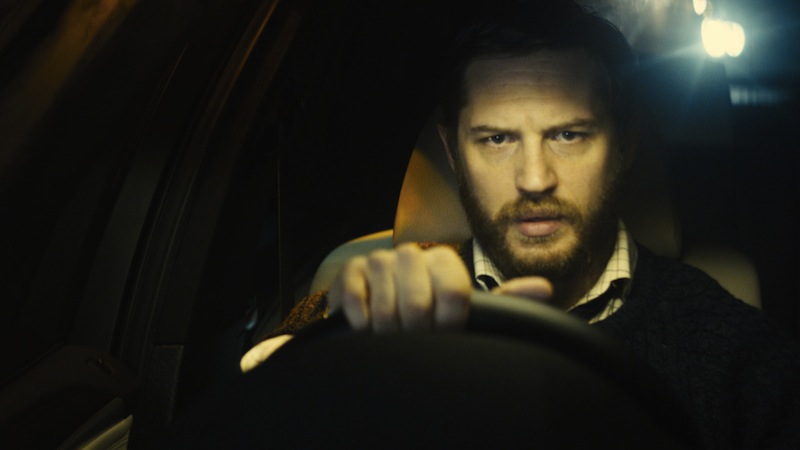Locke and the Benefit of Patience
Drew Trotter
The strongest of all warriors are these two: Time and Patience. - Leo Tolstoy (War and Peace)
I have never had much patience. When a deadline looms, even an unimportant one, I grow even more impatient than usual, stalking about, snapping at those I love. When I feel that someone is wasting my time, I am driven to distraction. Being an equal opportunity employer, I sometimes get thoroughly angry with myself, when I forget where I’ve left my keys, for example (not my phone; at least I can call it), or where I put down that item I just had in my hands a few moments ago.
I admit it’s usually about insignificant things that I lose my temper—interruptions, repetitious questions, stumbling over something left on the floor. When the circumstance is important and the pressure is on, when the stakes are high—then I focus and try to bend all my energy to solving the problem at hand. But if impatience of another kind—that born of nervousness or fear—enters in during the crisis, then the mind becomes cloudy, and I lose the ability to think clearly and well. In those times, all can easily be lost.
One of my favorite movies of this year has a lot to say about patience and the benefit it brings to making good decisions. Steven Knight’s Locke is radically different from most movies, especially in its essential formal premise: almost the entire “action” of the movie takes place inside an automobile going from Birmingham, England to London. And further: there is only one person in the car, the rapidly rising star, Tom Hardy, playing the only visible character in the film, Ivan Locke. The film’s story is revealed completely from Locke’s phone conversations with a variety of people over the course of his journey.
Many of Locke’s conversations reveal his dependence on reason and his extraordinary patience, as he tries to solve problems at work and at home, but one of them, early on, particularly sticks out as an example of how he has been able to heed the advice of Kipling to “keep your head, when all about you are losing theirs”. Locke is on the motorway at night, driving to London from Birmingham because a woman named Bethan with whom he has had a liaison is now about to give birth to their child. (We learn this very early, so this is not really a spoiler.) The classic case of a true one–night stand: Locke did not know the woman before, and he has had very little contact since the tryst. But now she is on the phone, wailing about the pain, complaining about the windows being open, not understanding his simple question of whether or not there is some sort of mechanism by which she can summon the nurses. As her questions become more and more personal (“Does your wife even know that I’m having your baby?”), Bethan becomes more and more distraught, but Ivan remains calm, cool, and collected. Repeatedly he tells her the traffic is OK, that he will be there.
Then she asks the question: “Do you love me?” Locke doesn’t get angry with her. Gently, but firmly he says, “That’s a question you are asking probably because of the pain or something. How could I love you?” Her response is to hang up.
Locke appears to have lost that round, but in fact he hasn’t. His calm, reasoned answer may have hurt Bethan initially, but by the end of the film, the truth has been able to have its place in the relationship and brings them both to a better understanding of each other. Later, Locke reaffirms his answer to her question: “How could I love you? I hardly know you. We’ve not spent any real time together. How could I love you?”
Knight has made clear that the name of his chief character is a nod to the English philosopher John Locke (1632–1704). Locke is sometimes called the “Father of Classical Liberalism”. His An Essay Concerning Human Understanding is still a staple of philosophical studies, and his view that human beings develop by experience from the tabula rasa of birth until the grave is the rock upon which much Enlightenment philosophy is built. Reason plays such an important role in Locke’s view of experience, that he could even say it leads us to the knowledge of “a certain and evident truth:” the existence of God.
But we don’t have to buy all of John Locke’s philosophy in order to believe that patient, reasonable thought is the surest way to benefit others and ourselves. Perhaps I’m stating a truism that is so obvious it is uninteresting, but in this age where speed, “passion,” and bluff are so much a part of life, I’m not so sure. Even those of us who believe in composed reflection, sometimes stray from it because of our anger. We shouldn’t. We’re not helping anyone when we do.

